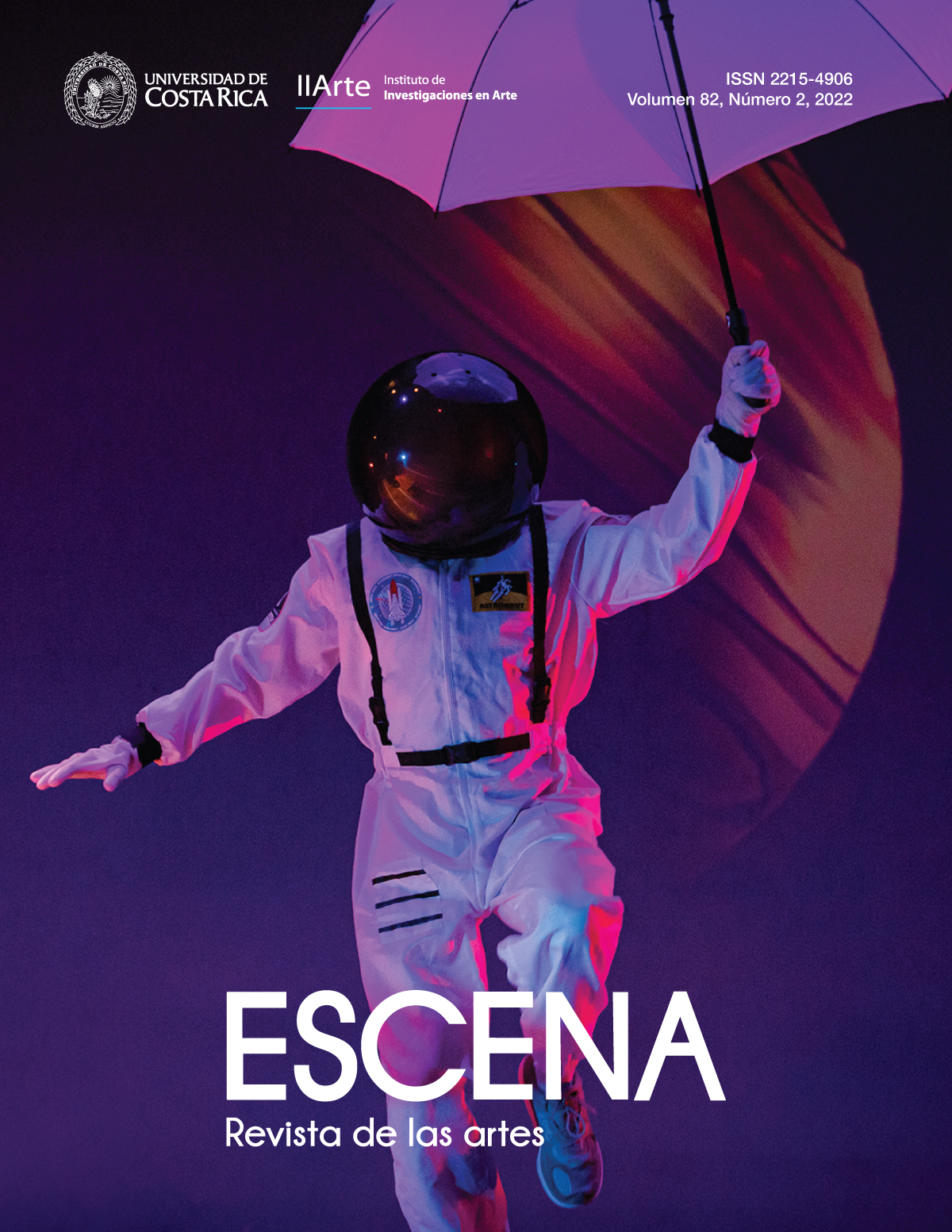Abstract
The circuits of production, circulation and consumption that drive the classical music market are located mainly in Europe and North America. Despite the inequalities that place of birth imprints on the probability of becoming an international soloist, Latin America has been, during the 20th century, a prodigal pool of internationally recognized pianists. The multiple asymmetries in access to the classical music market have not prevented the international consecration of such brilliant figures, such as Teresa Carreño, Claudio Arrau, Martha Argerich, Bruno Gelber and Daniel Barenboim. This article proposes to describe the logics of international piano consecration from the prism offered by the trajectories of these Latin American artists, under the assumption that, by decentering the gaze (which traditionally contemplates the great centers from themselves), it is possible to illuminate these career logics and their transformations during the last century in a different and still productive way.
References
Becker, H. (1995). The Power of inertia. Qualitative Sociology, 18(3), 301-309.
Becker, H. (2008). Los mundos del arte. Buenos Aires, Argentina: Editorial UNQ.
Becker, H. (2014). What About Mozart? What About Murder? Reasoning From Cases. Chicago, United States: The University of Chicago Press.
Bourdieu, P. (2006). Las reglas del arte: génesis y estructura del campo literario. Buenos Aires, Argentina: Anagrama.
Bellamy, O. (2011). Martha Argerich. Buenos Aires, Argentina: Grupo Ilhsa S.A.
Benzecry, C. (2012). El fanático de la ópera: etnografía de una obsesión. Buenos Aires, Argentina: Siglo XXI Editores.
Brendel, A. (2013). De la A a la Z de un pianista. Barcelona, España: Acantilado.
Buch, E. (2016). Música, dictadura, resistencia: La Orquesta de París en Buenos Aires. Buenos Aires, Argentina: Fondo de Cultura Económica.
Cala Guerrero, M.D. (2014). Música para bebés (Tesis de grado en Educación Infantil). Universidad de Cádiz, Andalucía, España.
Chiantore, L. (2001). Historia de la técnica pianística. Un estudio sobre los grandes compositores y el arte de la interpretación en busca de la Ur-technic. Madrid, España: Alianza Música.
Chiantore, L. (2007). Historia de la Técnica pianística. Madrid, España: Alianza Editorial.
Colombo, S. (2015). Vicente Scaramuzza. La vigencia de una escuela pianística. Madrid, España: Círculo Rojo Editorial.
Didi-Huberman, G. (2006). Ante el tiempo. Buenos Aires, Argentina: Adriana Hidalgo Editora.
Elias, N. (1991). Mozart: sociología de un genio. Barcelona, España: Ediciones Península.
Friedman, A., & Bullock, T.L. (Ed.). (2012). Life and Liszt: The Recollections of a Concert Pianist. New York, United States: Dover Publications.
Hirschman, A.O., & Dos Santos, M. (1970). La búsqueda de paradigmas como un impedimento a la comprensión. Desarrollo Económico, 10(37), 3-20. DOI: https://doi.org/10.2307/3466104
Horowitz, J. (1984). Conversations with Arrau. New York, United States: Alfred A. Knopf, Inc.
Jelin, E. (2009). Rosas transplantadas y el mito de Eldorado. Travesías en el tiempo, en el espacio, en la imagen y en el silencio. Revista Del Museo De Antropología, 2(1), 75–86. DOI: https://doi.org/10.31048/1852.4826.v2.n1.5408
Menger, P.M. (1983). Le paradoxe du musicien. Le compositeur, le mélomane et l´État dans la société contemporaine. Paris, France: Flammarion.
Miller, D. (2016). Gender and the artist archetype: Understanding gender inequality in artistic careers. Sociology Compass, 10(2), 119-131. DOI: https://doi.org/10.1111/soc4.12350
Scalisi, C. (2014). Martha Argerich, Daniel Barenboim, Bruno Gelber: en la edad de las promesas: La infancia de tres prodigios en los años de oro de la Buenos Aires musical. Buenos Aires, Argentina: Penguin Random House Grupo Editorial.
Sciurano, G.A. (2020). Petrov, el concertista del siglo XX: la biografía conjetural de un pianista arquetípico. Revista Ensambles, 13, 152-173.
Rattalino, P. (1983). Le grandi Scuole Pianistiche. Roma, Italia: Ricordi.
Rattalino, P. (2005). Vladimir Horowitz. Barcelona, España: Editorial Nortesur.
Stonor, F. (1999). The Cultural Cold War: The CIA and the World of Arts and Letters. New York, United States: The New Press.
Tomoff, K. (2015). Virtuosi abroad: Soviet music and imperial competitions during the early Cold War, 1945-1958. London, United Kingdom: Cornell University Press.
Venza, J. (Producer), & Sturrock, D. (Director). (1999). The Art of Piano [Documentary]. United States: NVC Arts.
Wagner, I. (2015). Producing Excellence: The Making of Virtuosos. New Brunswick, United States: Rutgers University Press.
##plugins.facebook.comentarios##

This work is licensed under a Creative Commons Attribution-NonCommercial-NoDerivatives 4.0 International License.
Copyright (c) 2022 Guido Sciurano



